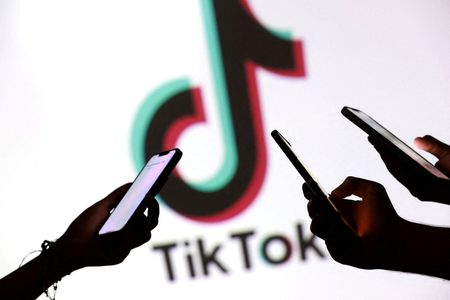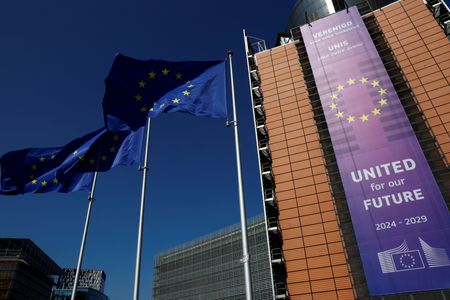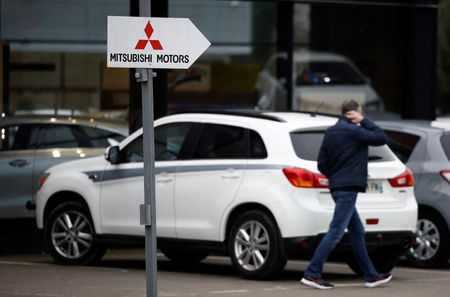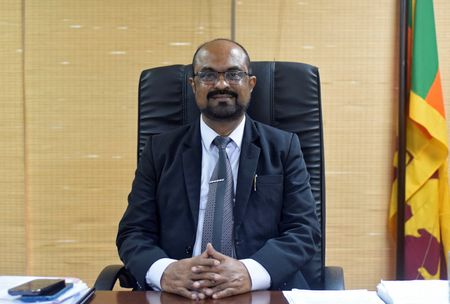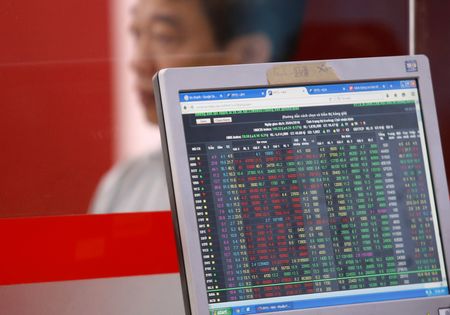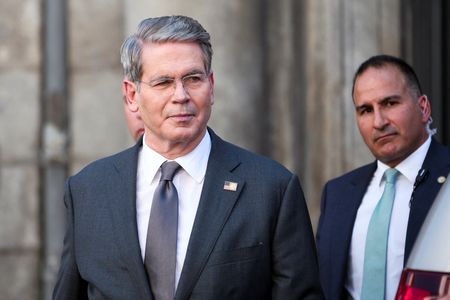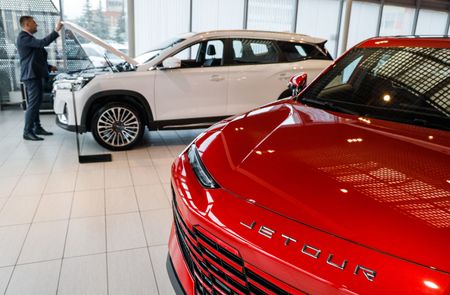By Andrea Shalal and Deborah Mary Sophia
WASHINGTON (Reuters) – President Donald Trump said on Tuesday that the U.S. and China have a deal on TikTok, under which the ByteDance-owned short video app’s American assets will be transferred to U.S. owners to keep it operating in the country, potentially resolving a saga that has lingered for nearly a year.
A deal on the popular social media app, which counts 170 million U.S. users, stands as a breakthrough in months-long talks between the two biggest economies as they seek to defuse a wide-ranging trade war, which has unnerved global markets.
“We have a deal on TikTok … We have a group of very big companies that want to buy it,” Trump said, without providing further details. The announcement comes a day before a September 17 deadline to sell or shut down the app.
He lauded the trade deal, calling it an upgrade for both countries, and said it would preserve tens of billions of dollars in value.
Any agreement may require approval by the Republican-controlled Congress, which passed a law in 2024 during the Biden Administration that required TikTok’s divestiture due to fears that its U.S. user data could be accessed by the Chinese government, allowing Beijing to spy on Americans or conduct influence operations through the app.
The Trump administration has declined to enforce the law due to worries it would anger TikTok’s huge user base and disrupt political communications, instead extending the divestiture deadline on three separate occasions. Trump was expected to extend the deadline for the fourth time.
Trump has credited the app with helping him win re-election last year, and his personal account has 15 million followers. The White House launched an official TikTok account last month.
CNBC reported Tuesday that the deal is expected to be closed within the next 30 to 45 days, and that the agreement will include existing investors in TikTok’s China-based parent, ByteDance, and new investors.
Reuters has not independently verified CNBC’s report. However, the details are in line with Reuters’ reporting in April that the deal would spin off TikTok’s U.S. operations into a new company based in the U.S. and majority-owned and operated by U.S. investors.
U.S. Treasury Secretary Scott Bessent told CNBC on Tuesday the commercial terms of the deal had, in essence, been done since around March with just a few details left to be ironed out.
“This deal wouldn’t be done without proper safeguards for U.S. national security,” Bessent said. “It seems as though we were also able to meet the Chinese interest.”
TARIFFS AND TIKTOK
A deal for TikTok, which had been in the works in the spring, was put on hold after China indicated it would not approve it following Trump’s announcements of tariffs on Chinese goods.
Washington has said that TikTok’s ownership by ByteDance makes it beholden to the Chinese government.
But the company has said U.S. officials have misstated its ties to China, arguing its content recommendation engine and user data are stored in the U.S. on cloud servers operated by Oracle, while content moderation decisions that affect American users are also made in the U.S.
CNBC also reported on Tuesday that Oracle will keep its cloud deal with TikTok. Reuters reported earlier this year that the White House was working on a plan to tap Oracle, along with a group of outside investors, to control the app’s operations.
As part of the plan, Oracle would have been responsible for addressing national security issues, Reuters had then reported.
Oracle shares pared some gains on Tuesday following the news and were last up 2%.
A framework agreement was reached by officials from both countries on Monday, marking a breakthrough after months of intense talks. A final confirmation on the deal is expected on Friday in a call between Trump and Chinese President Xi Jinping.
Trump said in March that his administration was in touch with four different groups on TikTok’s sale. Microsoft, Amazon, billionaire Frank McCourt and a consortium led by OnlyFans founder have been among the bidders, according to reports.
(Reporting By Andrea Shalal and Jarrett Renshaw, Deborah Sophia, Jaspreet Singh; Editing by Anil D’Silva)

